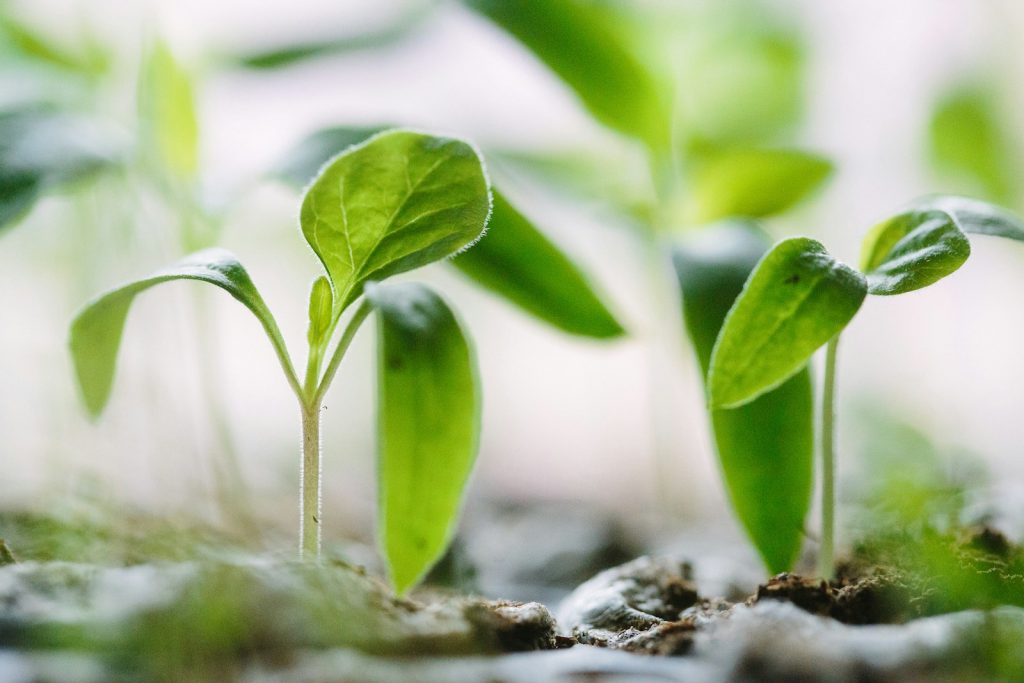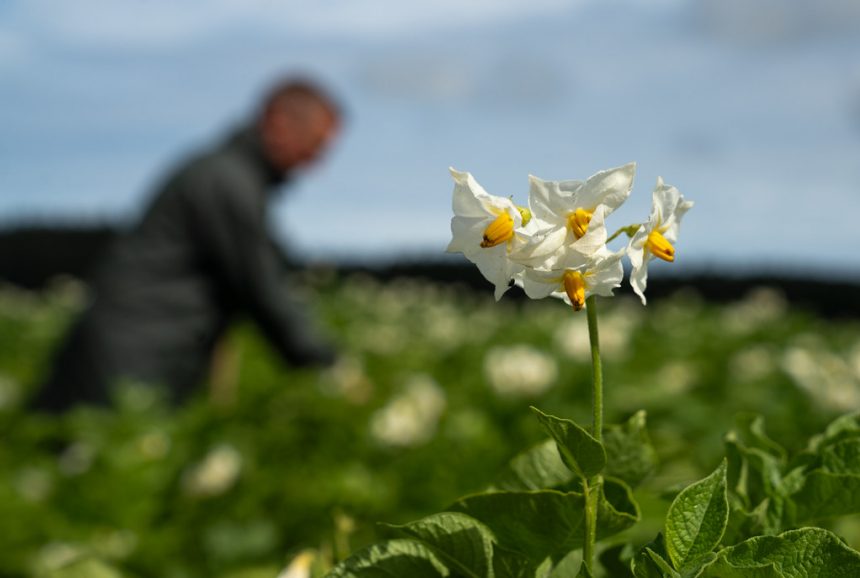Plants are the backbone of our planet’s ecosystems, providing oxygen, food, and shelter for countless species.
They are essential to the survival of humans and the natural world as we know it. That is why it is important to recognize the International Day of Plant Health, a day dedicated to raising awareness about the importance of plant health in our lives.
Observed on July 12th every year, the International Day of Plant Health was established by the United Nations General Assembly in 2019. The day aims to promote the importance of healthy plants and the role they play in achieving the Sustainable Development Goals, including eradicating hunger and poverty, protecting the environment, and improving human health and well-being.

Healthy plants are not only crucial to feeding the world’s population but also for mitigating the effects of climate change. Plants absorb carbon dioxide, a greenhouse gas that contributes to global warming, and release oxygen, which is vital for human and animal life. They also help regulate the water cycle, prevent soil erosion, and support biodiversity.

However, plants are constantly under threat from pests and diseases. Invasive species, climate change, and globalization have all contributed to the spread of plant pests and diseases, which can have devastating consequences for plant health and the global economy.
The COVID-19 pandemic has highlighted the importance of plant health, as disruptions to global trade and transportation have led to food shortages and increased demand for plant-based medicines. The pandemic has also underscored the need for greater collaboration and cooperation among countries to address plant health issues and prevent future pandemics.

This year’s theme for the International Day of Plant Health is “Protecting plants, protecting life.” It is a reminder that healthy plants are essential to the well-being of people and the planet, and that we all have a role to play in protecting them.
Individuals can contribute to plant health by practicing good gardening habits, such as using organic fertilizers and pest control methods, avoiding the use of harmful chemicals, and planting native species. Governments can support plant health by implementing policies and regulations to prevent the spread of plant pests and diseases, investing in research and development, and promoting sustainable agriculture practices.
On this International Day of Plant Health, let us reflect on the vital role plants play in our lives and commit to protecting them for future generations. By working together, we can ensure a healthier, more sustainable future for all.
Read also: The Significance and Impact of the International Day of Plant Health






